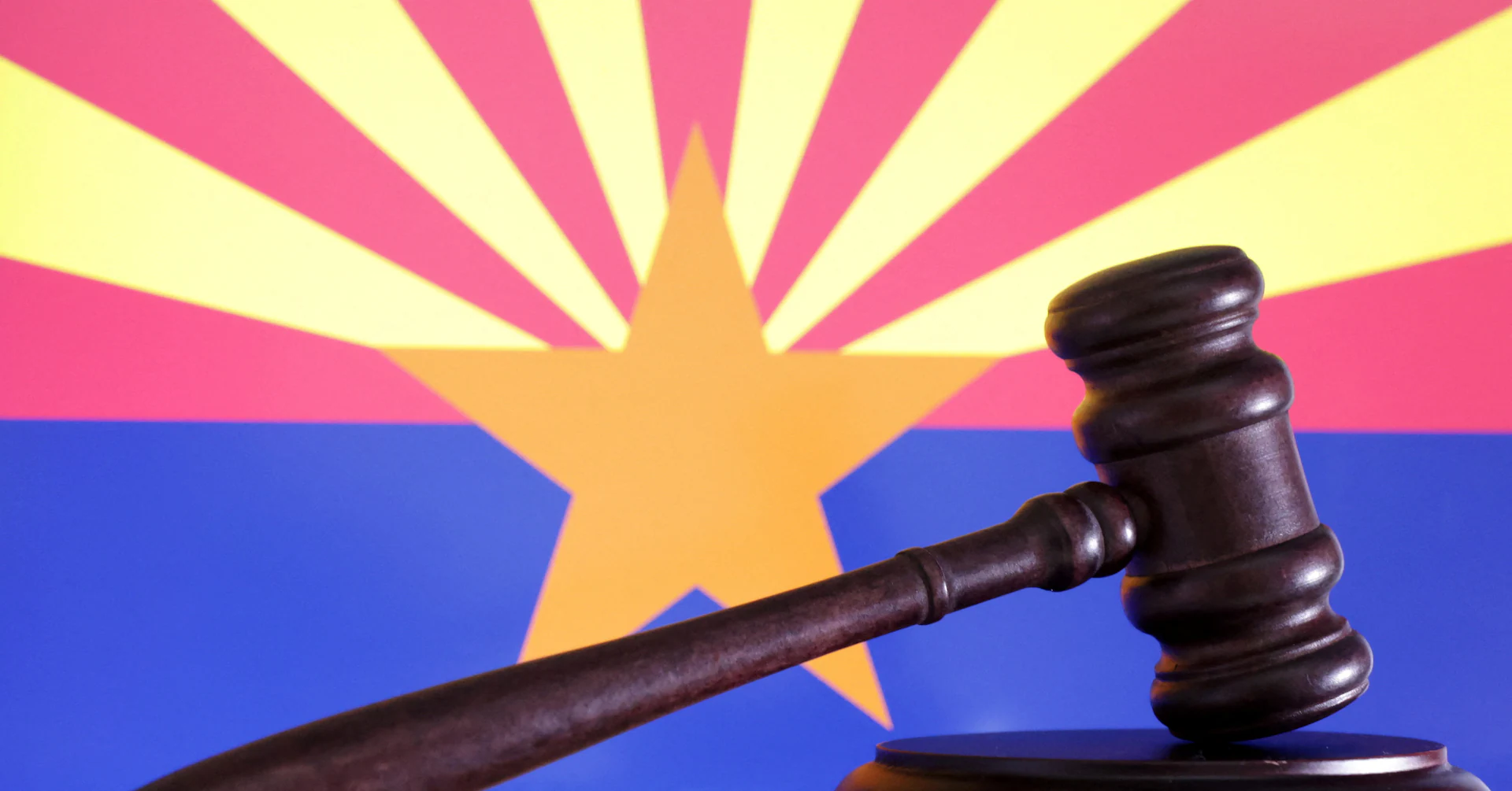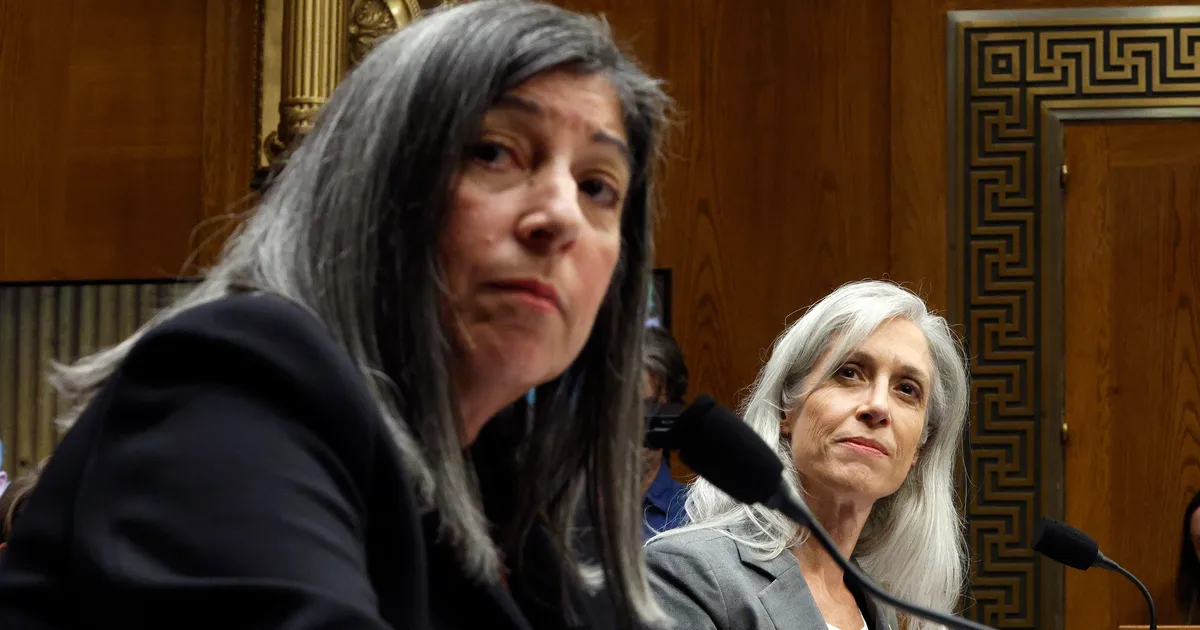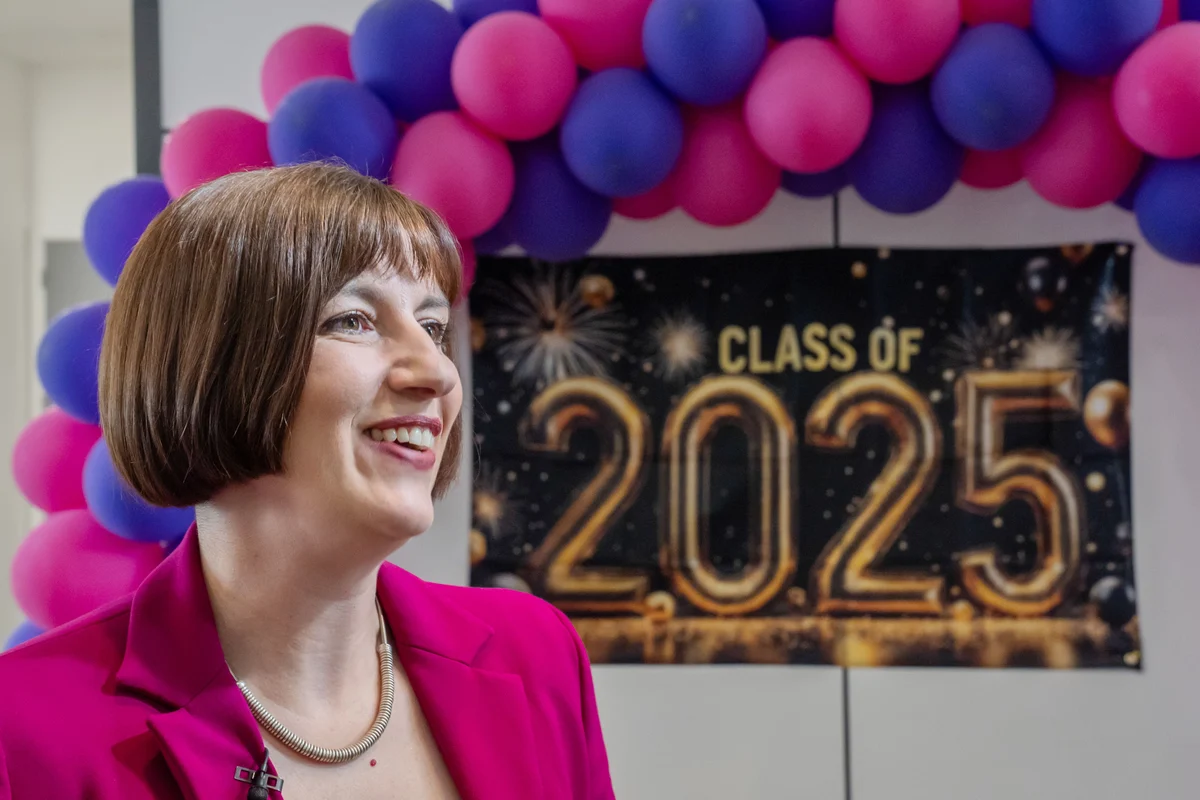
Sept 23 (Reuters) – Arizona will not allow people without full law licenses to represent or prosecute criminal defendants — at least not anytime soon, the high court said.
The Arizona Supreme Court on Thursday chose not to advance a novel proposal that would have let people who complete two semesters of criminal law-focused classes practice for nine months under the supervision of an experienced criminal attorney, and pass a specialized exam in order to be licensed to take on criminal cases – although not those involving capital punishment.
Sign up here.
The proposal, by Arizona’s Administrative Office of the Courts, aimed to bolster access to justice and bring more lawyers to rural areas by lowering their cost of a legal education from the traditional three years to one. It was also meant to help prosecutors and public defender offices hire and retain enough lawyers.
But key prosecutors and public defenders in the state criticized the plan, saying it would exacerbate the perception that public defenders are less qualified than other lawyers and drive down the rates some counties are willing to pay for indigent defense work, since participants would presumably be paid less. The program would also face constitutional challenges, opponents said.
“There was considerable pushback from the stakeholders and this is a case that if the county attorneys won’t hire them, it doesn’t make sense to proceed,” said Dave Byers, the director of the administrative office of the Arizona Courts and the proposal’s author.
A small number of states, including Arizona, already allow limited legal licenses for non-lawyers to work in specific areas such as family law and landlord-tenant law. But Arizona was the first to contemplate extending that into criminal law, according to Byers.
The state will continue to look for ways to improve access to justice through alternative attorney licensing, he added, noting the addition last year of Arizona’s Lawyer Apprentice Program. That initiative enables law school graduates who fall just short of passing Arizona’s bar exam to become licensed attorneys after spending two years working under the supervision of an experienced lawyer in a rural area or a government or non-profit law setting.
Read more:
Reporting by Karen Sloan



